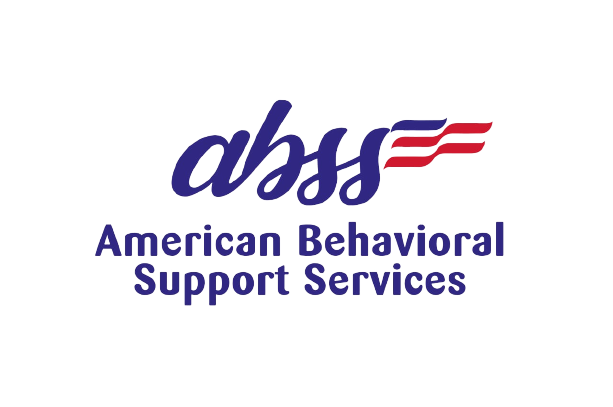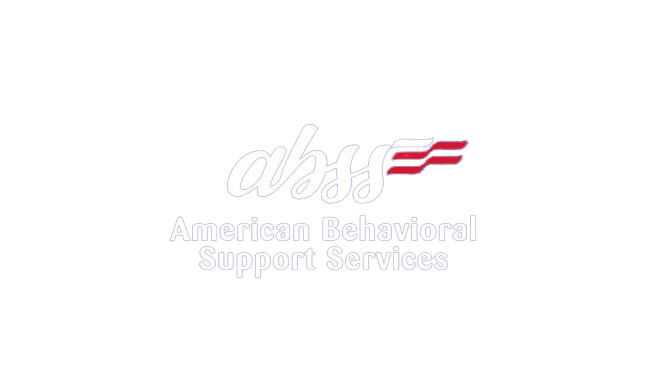If you’re considering a career in applied behavior analysis, you’re likely wondering about behavior analyst salary potential, certification paths, and how to grow in this field. Whether you’re a Registered Behavior Technician (RBT), an aspiring Board Certified Behavior Analyst (BCBA), or exploring applied behavior analysis (ABA) jobs near you, this guide walks you through everything from educational options to real-world salary negotiation tips.

Understanding the Role and Salary of a Behavior Analyst
A behavior analyst designs and implements behavioral interventions based on data and scientific principles. Many work with individuals diagnosed with autism spectrum disorder or other developmental conditions. The average behavior analyst salary depends on certification, location, and experience.
Average Behavior Analyst Salary by Experience Level
- Entry-level BCBA salary: Around $60,000 to $70,000 annually.
- Mid-level BCBAs: Earn between $75,000 and $95,000.
- Senior BCBAs and Supervisors: Can earn $100,000 to $135,000 or more.
Keep in mind that salary also varies by job title. For example, an ABA therapist salary may range from $40,000 to $55,000, whereas a behavior analyst with advanced certification may command a much higher wage.
Education, Certification, and the BCBA Career Path

What Are the Education Requirements?
To become a BCBA, you need a master’s degree in behavior analysis, psychology, or education. A variety of BCBA master’s programs and ABA master’s programs are available, both on-campus and online.
If you’re looking to save money while meeting education requirements, you might consider the cheapest BCBA online programs or BCBA certification online free courses (though these are often limited to preliminary or RBT-level materials).
Understanding Certification
To qualify for the BCBA exam, you must:
- Earn a qualifying degree.
- Complete a verified course sequence.
- Accumulate supervised fieldwork hours.
- Pass the BCBA certification exam.
The BACB registry (Behavior Analyst Certification Board) is the official source to verify your certification and monitor compliance. Additionally, BCBA certificate programs are a good option for those who already hold a graduate degree and are seeking certification without enrolling in another full degree.
BCBA certification cost varies but generally ranges from $15,000 to $25,000 when you include tuition, supervision fees, and exam costs.
Factors That Affect Behavior Analyst Salary

Geographic Location
Urban areas with a high cost of living—such as New York City, San Francisco, or Boston—tend to offer higher salaries for behavior analysts. However, rural and suburban areas may offer a better work-life balance and lower stress levels.
Search engines often return relevant results when you type “applied behavior analysis jobs near me”, helping you assess what’s available in your region.
Specialization and Credentials
Specializing in high-demand areas like pediatric care, RDI therapy (Relationship Development Intervention), or working in school settings can increase your value. Additional credentials like RBT certification online free, applied behavior analysis certification online, or specialized ABA training often correlate with higher pay.
Experience and Job Role
While entry-level BCBA salary is respectable, additional years in the field significantly boost income. Consider also that certain positions, like Clinical Supervisors or Program Directors, come with added responsibilities and higher compensation.
If you’re just starting out and want to understand the long-term potential, researching the ABA career path is essential. You’ll discover how certifications and leadership roles can shape your income.
How to Research Market Rates and Prepare to Negotiate
Where to Find Reliable Salary Data
Use platforms like:
Also, associations like the Behavior Analyst Certification Board (BACB) and Association for Behavior Analysis International (ABAI) publish salary reports and workforce demand data that are more specific than general job sites.
What Influences Salary Negotiation?
Before negotiating, gather the following:
- Salary benchmarks in your area.
- Industry-specific data.
- Your years of experience, certifications, and areas of specialization.
Then, practice salary negotiation conversations. Role-play with mentors or colleagues to boost confidence.
How to Build a Winning Negotiation Strategy
Prepare Your Portfolio
Having a well-prepared portfolio will set you apart. Include:
- Resume with quantifiable achievements.
- Certifications (such as BCBA or applied behavior analysis certification online).
- Letters of recommendation.
- Performance reviews.
- Sample treatment plans or assessments you’ve created.
Understand Your Value
Creating a personal value statement allows you to communicate your strengths and non-negotiables clearly. This might include:
- Your unique impact on client outcomes.
- Specialized skills in autism support or family coaching.
- Leadership in parent training programs (like ABA parent training materials PDF free).
During the Negotiation

Start the Conversation Professionally
Begin with enthusiasm for the role. Then, pivot into your expectations based on market research. For example:
“Based on current market trends and my background in [specialization], I’m looking for a salary range of $85,000 to $95,000.”
This shows preparedness and flexibility while reinforcing your market value.
Handle Objections and Counteroffers Tactfully
Use these techniques:
- Stay calm and listen actively.
- Reiterate your strengths and provide examples.
- Show openness to discussing benefits like professional development, flexible hours, or certification reimbursements.
After the Negotiation
Follow Up
Always send a written confirmation of agreed terms. Thank the employer for the opportunity and express enthusiasm about joining the team.
Reflect and Grow
Evaluate what went well and what you could improve next time. Use each negotiation experience as a learning tool.
Long-Term Growth and Career Advancement
Pursue Continuing Education
Even after certification, continuing education is crucial. Consider:
- Advanced workshops and seminars.
- Leadership training.
- Supervisory credentialing (like BCBA-D).
These credentials often lead to higher-paying behavior analyst jobs and better career security.
Renegotiating Your Salary
You can revisit your salary after 6–12 months of performance. Use documented accomplishments and positive reviews to support your request.
Maintaining professionalism and good relationships makes future negotiations smoother and keeps doors open.
Frequently Asked Questions (FAQs)
What is the average behavior analyst salary?
Salaries range from $60,000 to $135,000+ depending on experience, certification, and location.
What are the requirements for behavior analyst certification?
You’ll need a master’s degree, supervised fieldwork, and to pass the BCBA exam. Check the BACB registry for updates.
How much does BCBA certification cost?
Costs vary but typically range from $15,000 to $25,000, depending on the program and supervision hours.
Can I find BCBA certification online free?
Some preliminary or RBT-level courses are available for free, but full BCBA certification typically involves paid programs.
What are the best careers in applied behavior analysis?
Career options include behavior therapist, BCBA supervisor, clinical director, and ABA consultant.
Are there applied behavior analysis degree programs online?
Yes, many institutions offer applied behavior analysis degree online options, including full ABA master’s programs.
Where can I find applied behavior analysis jobs near me?
Search job boards like Indeed or Glassdoor using keywords like “ABA therapist,” “BCBA,” or “behavior analyst jobs.”
How does a BCBA salary compare to an ABA therapist salary?
BCBA vs ABA salary: BCBAs typically earn significantly more due to their certification and supervisory role.

